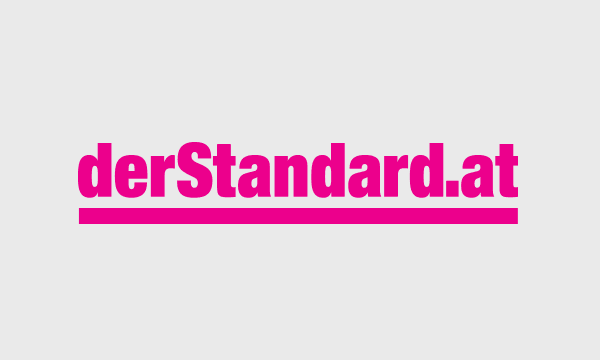MLDI has filed a third-party intervention before the European Court of Human Rights in the case of Standard Verlagsgesellschaft MbH v. Austria. In this case, the European Court will examine the circumstances under which an internet service provider can be compelled to disclose the identities of users who post anonymously.
“This is a significant case for the European Court with individuals and States increasingly looking to identify anonymous users as a means of seeking revenge or retribution against them, or in order to dissuade people from commenting anonymously online more generally,” says Jonathan McCully, MLDI’s Senior Legal Officer.
In Standard Verlagsgesellschaft MbH v. Austria, an online daily newspaper was ordered to disclose the names, postal addresses, and e-mail addresses of certain registered internet users who had posted comments in discussion forums and under news stories on their website (derstandard.at). The orders were made following the requests of two politicians who were seeking to pursue civil defamation proceedings against the anonymous users. In its judgment, the Supreme Court of Austria reasoned that internet service providers would be obliged to disclose user data where a non-lawyer, upon notice, could not “rule out” that a finding of defamation would be made against the user. This is a comparatively low threshold for the disclosure of identifying user data compared to other jurisdictions that require that such disclosure only be compelled where certain criteria are met, including a determination by a court that the interest in disclosure outweighs the user’s rights to privacy and freedom of expression.
In its brief, MLDI highlights that the internet plays an important role in facilitating and enhancing the public’s right to freedom of expression. Furthermore, the willingness of internet users to engage in debates of general interest, particularly on politically controversial or taboo subjects, is encouraged by the possibility that they can do so with anonymity. In order to avoid disclosure being used as an abusive means of silencing online commenters, MLDI draws on international and comparative law to contend that certain minimum criteria need to be considered by the courts before an internet service provider can be compelled to disclose the identity of anonymous users.
MLDI’s intervention can be read here. MLDI would like to thank Shearman & Sterling LLP, Blake, Cassels & Graydon LLP, and Astrid Sixma and Adriaan Stoop (Bergh, Stoop & Sanders) for providing their invaluable input.
Attached files:
![]() Third-Party Intervention in Standard Verlagsgesellschaft MbH v. Austria
Third-Party Intervention in Standard Verlagsgesellschaft MbH v. Austria
Recent News
Landmark Ruling: Kenya’s High Court Declares Colonial-era Subversion Laws Unconstitutional
Media Defence welcomes the verdict of the High Court in Nakuru, striking down sections of the Kenyan Penal Code which criminalise subversion, citing them as relics of colonial oppression that curtail freedom of expression. Justice Samwel Mohochi, delivering the judgment, asserted that these provisions were overly broad and vague, stifling dissent rather than serving any […]
UN Rapporteurs Call for Protection of Brazilian Journalist Schirlei Alves
UN Rapporteurs Call for Protection of Brazilian Journalist Schirlei Alves Amid Defamation Charges Stemming from Rape Trial Coverage A letter dispatched by UN rapporteurs to the Brazilian Government calls for protective measures for women journalists covering cases of sexual crimes. The letter also denounces the conviction of Brazilian investigative journalist and women’s rights defender, Schirlei […]
Convite à apresentação de candidaturas: Cirurgia de litígio em português na África Subsariana
Cirurgia de litígio em português na África Subsariana Aplique aqui 23 a 25 de julho de 2024 em Nairobi, Quénia Prazo: 3 de maio A Media Defence está a convidar advogados sediados na África Subsariana que falem português a candidatarem-se a participar numa próxima cirurgia de litígio sobre o direito à liberdade de expressão e […]



